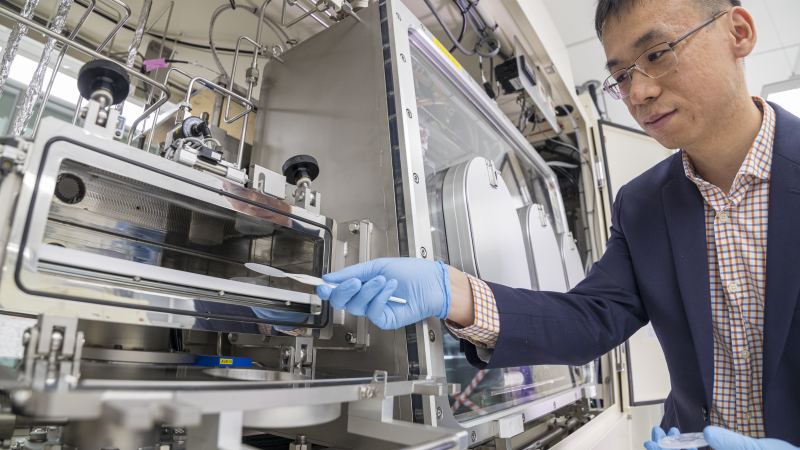Abstract
GaN-based laser diodes are investigated for potential applications like laser display, laser projection, biochemical detection, et al. The wavelength covers a wide range from 500 nm (green), 450 nm (blue), 410 nm (violet), to 380 nm (ultraviolet). The laser structure with (Al, In)GaN/InGaN multiple quantum wells is epitaxially grown on free-standing GaN substrate by using metal-organic chemical vapor deposition (MOCVD) system. The device structure is redesigned to get a better optical confinement effect as well as the suppression of electron leakage current. The ultraviolet laser diodes on GaN substrate are fabricated with a stimulated emission peak wavelength of 392.9 nm and a threshold current density of 1.5 kA/cm2. Under a room-temperature continuous-wave operation, the output light power of 380 mW. Another laser diode with a shorter stimulated emission peak wavelength of 381.9 nm is then fabricated. The threshold current density is 2.8 kA/cm2. In order to demonstrate the ultraviolet laser diodes with shorter wavelengths, an optically pumped stimulated emission with peak wavelength around 370 nm is studied.
Brief Biography
Dr. Ping Chen now works as a full Professor in the Institute of Semiconductors, Chinese Academy of Sciences (Beijing China). He received his bachelor’s degree of Physics from the University of Science and Technology of China (USTC) in 2003, and doctor’s degree of Microelectronics and Solid State Electronics from the Graduate School in University of Chinese Academy of Sciences in 2008. He worked in Georgia Institute of Technology (Atlanta, GA) as a Visiting Scholar from 2017 to 2019. Dr. Chen’s research mainly focuses on the MOCVD growth of III-nitrides materials and the fabrication of optoelectronic devices, including the light-emitting diodes (LEDs), laser diodes (LDs), and photodetectors. Dr. Chen has published over 130 peer-reviewed journal papers with citations of over 1100 from Google Scholar, in which 18 are first/corresponding authored. He holds 5 Chinese patents for III-nitrides optoelectronic devices. Dr. Chen is a reviewer of National Natural Science Foundation of China (NSFC) and a series of academic journals, including Appl. Phys. Lett., J. Appl. Phys., Optics Lett., Optics Express, et al.

